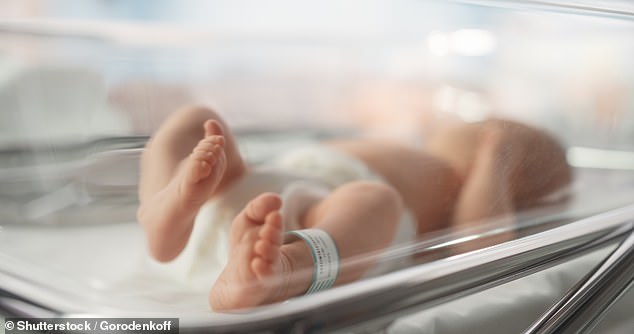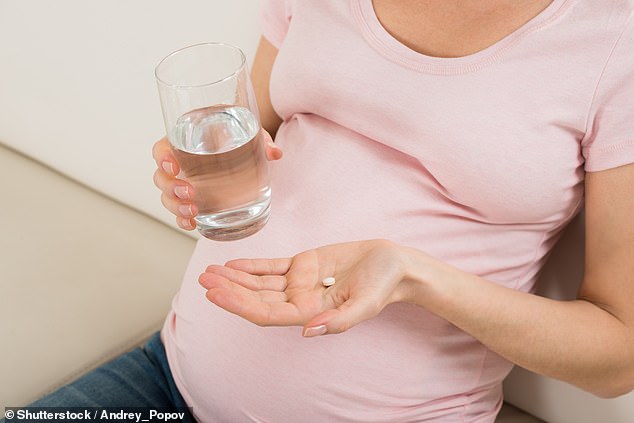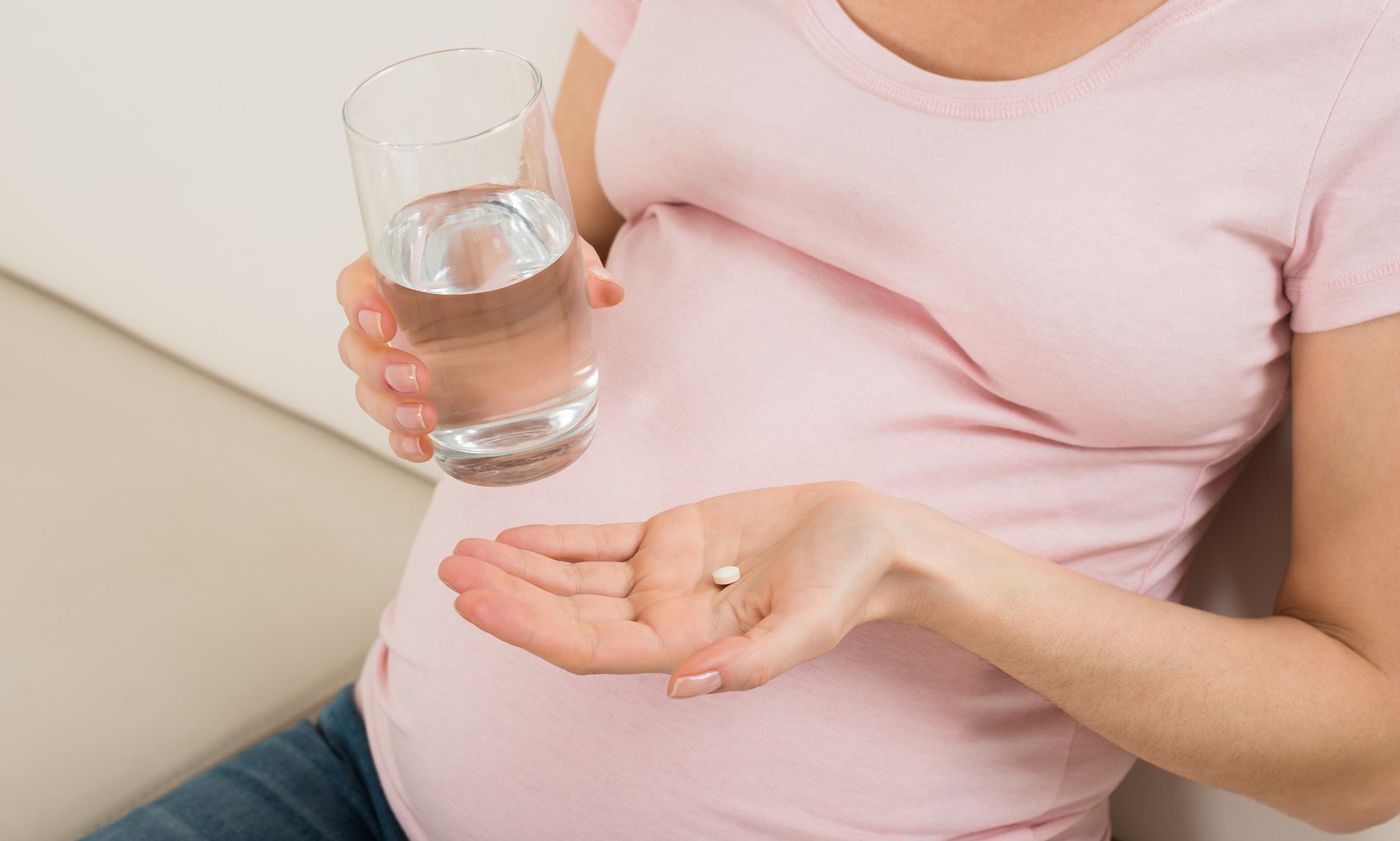Infants born to mothers deficient in iron have a significantly higher risk of congenital heart problems, according to groundbreaking new research.
Researchers currently believe that around one in every twenty cases of congenital heart disease (CHD) in the United Kingdom might be attributed to anemia in expectant mothers.
This severe condition is among the most prevalent forms of birth defects – each day, 13 infants receive a diagnosis for this long-term illness in the UK.
Dr. Duncan Sparrow, an associate professor who headed the British Heart Foundation research, stated, “The profound impact of early maternal anemia could potentially revolutionize approaches globally.”
Since iron deficiency often leads to anemia, providing iron supplements to women—both when they are planning to conceive and during pregnancy—might help reduce the risk of CHD in numerous newborns.
The research examined the information from 16,500 mothers and discovered that the likelihood of giving birth to a baby with congenital heart defects was 47 percent higher in those who had insufficient iron during the initial 100 days of gestation.
It is estimated that nearly one-fourth of expectant mothers in Britain, along with over a third worldwide, suffer from anemia during their pregnancies. Researchers are now exploring whether consuming iron supplements prior to and throughout gestation might reduce the risk of congenital heart defects.
It is well-established that severe anemia during advanced stages of pregnancy can lead to low birth weight and preterm births—but this marks the first time the condition has been recognized as a problem occurring earlier on.


Dr. Sonya Babu-Narayan, who serves as the clinical director at the British Heart Foundation and works as a consultant cardiologist, stated: “Restoring iron levels early in pregnancy, when the infant’s heart is developing, might greatly enhance the child’s cardiac well-being throughout their life.”
‘Greater research is required to validate this discovery and identify what specific kind of congenital heart defect could be associated with insufficient iron levels.’
The research, featured in the International Journal of Obstetrics and Gynaecology (BJOG), noted that the typical risk of giving birth to a baby with congenital heart defect (CHD) is approximately 1 percent.
The National Health Service indicates that iron deficiency during pregnancy typically stems from insufficient iron intake through one’s diet. This shortfall can be addressed naturally by incorporating more iron-dense foods into your meals, including lean red meats, red kidney beans, edamame beans, chickpeas, various nuts, and dark leafy greens. While liver is rich in iron, it should generally be avoided due to potential risks during pregnancy.
Vitamin C also aids the body in absorbing iron more efficiently.
Apart from raising childbirth hazards, anaemia’s symptoms encompass frequent feelings of fatigue or weakness, dizziness, shortness of breath, pallor, and recurrent headaches.
Read more


